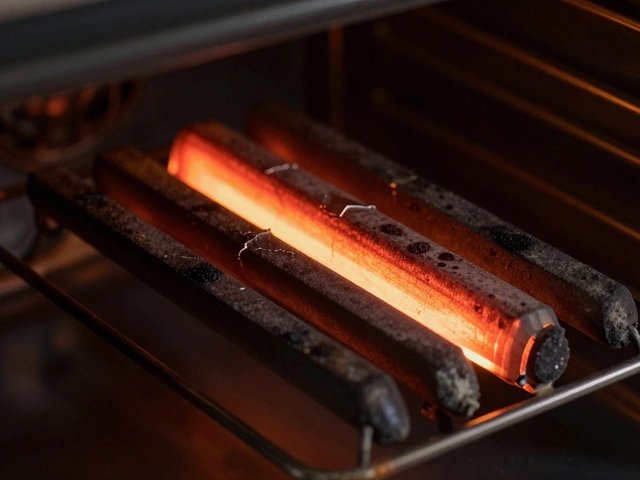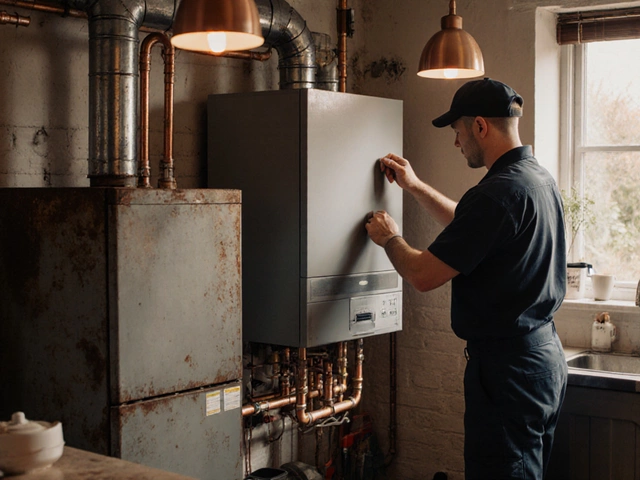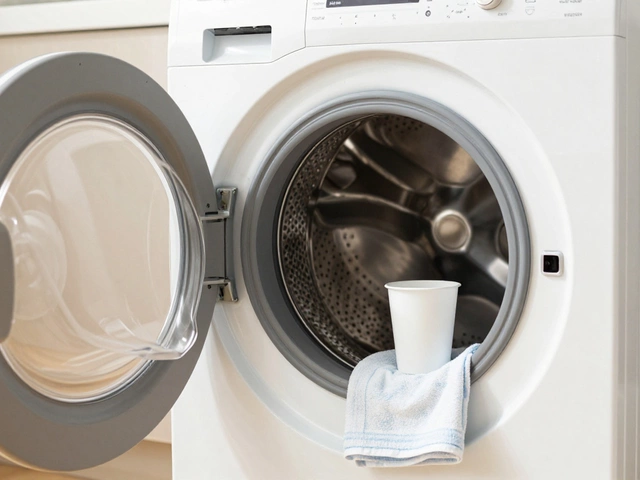Ever wonder why your kitchen extractor fan starts coughing after a few years? It’s not magic – fans wear out, just like any other appliance. Knowing the typical lifespan helps you plan maintenance, avoid nasty smells, and decide when a repair makes sense.
Most residential extractor fans are built to run 8‑12 years if you treat them right. The exact number depends on three things: the quality of the motor, how often you use the fan, and the environment it works in. A cheap, low‑rpm model might start losing suction after five years, while a premium, sealed‑bearing unit can keep blowing for a decade or more.
Humidity, grease buildup, and heat are the biggest enemies. Every time you fry bacon, tiny oil droplets settle on the fan blades and motor. Over time that film turns into stubborn grime, making the motor work harder and heating up more. The extra heat speeds up bearing wear, which is why regular cleaning can add several years to the fan’s life.
Don’t wait for a total breakdown. Look out for these warning clues:
Spotting these early lets you decide whether a simple cleaning will fix the issue or if a motor replacement is needed.
For a quick DIY check, turn the fan off, remove the cover, and give the blades a gentle wipe with a damp cloth. If the motor feels gritty, spray a little non‑conductive spray oil on the bearings (only if the fan’s design allows it). This quick routine can shave months off the wear clock.
When cleaning isn’t enough, think about the cost of a new fan versus a repair. A standard 150mm extractor costs about £70‑£120 new, while a professional motor swap runs £120‑£200. If the fan is already over ten years old, replacement is usually the smarter move.
Finally, protect your fan from the start. Install a cheap, washable grease filter and change it every 2‑3 months. Run the fan for at least a minute after cooking to clear out lingering steam. These habits cost almost nothing but add years to your fan’s useful life.
Knowing the typical kitchen fan lifespan, watching for early trouble signs, and keeping up with basic maintenance can keep your kitchen smelling fresh and your wallet happy. If you ever feel stuck, a local appliance repair expert can give you a clear cost comparison and get the fan humming again in no time.

Wondering how often you should replace your extractor fan? This article covers extractor fan lifespan, signs it's time for a change, maintenance tips, and why fresh air matters.

Learn the typical cost of repairing a gas oven igniter, compare DIY vs professional pricing, and discover tips to keep your repair bill low.

Learn how to tell if your electric oven element is bad with simple visual checks and a multimeter test. Save time and money by diagnosing the issue yourself before calling a repair technician.

Keeping your home well-ventilated is essential, and extractor fans play a crucial role in maintaining air quality. Whether you're installing a new fan or repairing an old one, it's important to know who to call. Professional electricians and specialized ventilation technicians are the go-to experts. They ensure fans are properly installed and functioning efficiently, saving you from potential hassles down the road.

Find out how much a new boiler costs in 2025, including prices by type, installation fees, rebates, and how to avoid overpaying. Learn when to replace your boiler and what to look for in a quote.

The longest average lifespan of a washing machine is 15-20 years for high-quality models with proper care. Most last 8-12 years, but maintenance, load size, and water quality make a huge difference. Learn how to extend your washer's life and when to repair vs. replace.